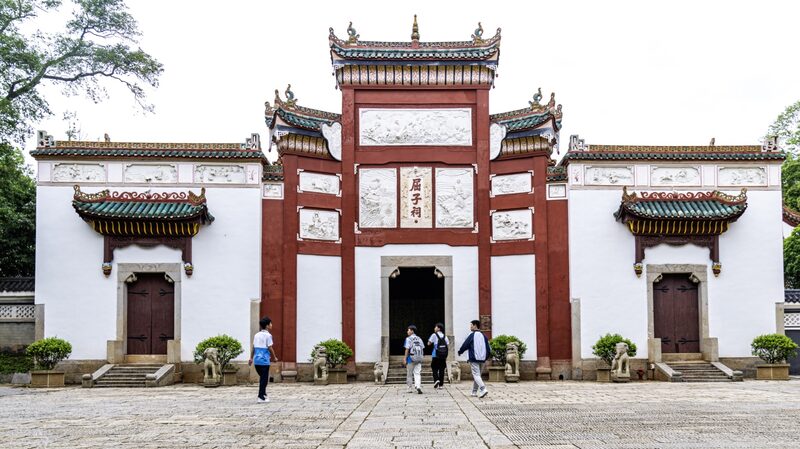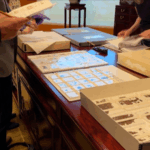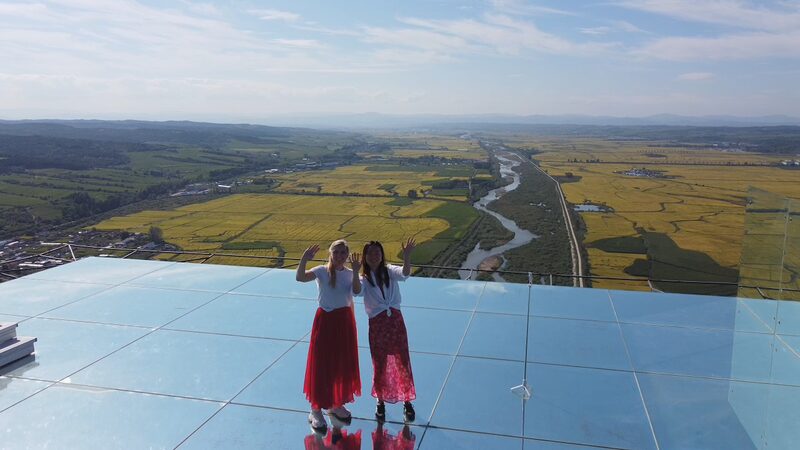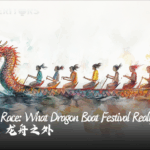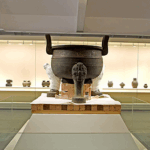Nestled along the banks of the Miluo River in Hunan Province lies the Quzi Cultural Park, a vibrant tribute to the ancient Chinese poet Qu Yuan. The Miluo River is historically significant as the legendary site where Qu Yuan, a statesman and poet of the ancient state of Chu, met his tragic end during China’s Warring States Period (475-221 BC). His legacy has been deeply ingrained in the local culture, and the area has become a focal point for honoring his memory.
At the heart of the park stands the Quzi Temple, perched atop Yusi Mountain in Miluo City. This temple is one of the most notable commemorative structures dedicated to Qu Yuan and serves as a central attraction within the park. Visitors can explore the temple’s intricate architecture and learn about Qu Yuan’s profound impact on Chinese literature and culture.
In recent years, Quzi Cultural Park has expanded beyond traditional memorials, leveraging the unique appeal of the Quzi Temple to develop a rich array of cultural experience zones and commercial areas. By delving deeply into the cultural elements associated with Qu Yuan, especially his connection to the annual Dragon Boat Festival, the park has introduced immersive and interactive tourism projects. These initiatives allow visitors to engage with the history and traditions surrounding Qu Yuan in innovative ways, such as participating in dragon boat races, traditional poetry readings, and cultural workshops.
This strategic development has significantly enhanced the park’s recognition in the cultural tourism sector. By offering a blend of historical education and interactive experiences, Quzi Cultural Park appeals to a diverse audience. Scholars and students are drawn to its educational value, while tourists and culture enthusiasts appreciate the immersive activities that bring ancient traditions to life.
Quzi Cultural Park’s efforts exemplify how cultural heritage sites can adapt and grow, preserving historical significance while promoting economic development through tourism. As the park continues to evolve, it stands as a testament to Qu Yuan’s enduring legacy and the richness of Chinese cultural history.
Reference(s):
cgtn.com
